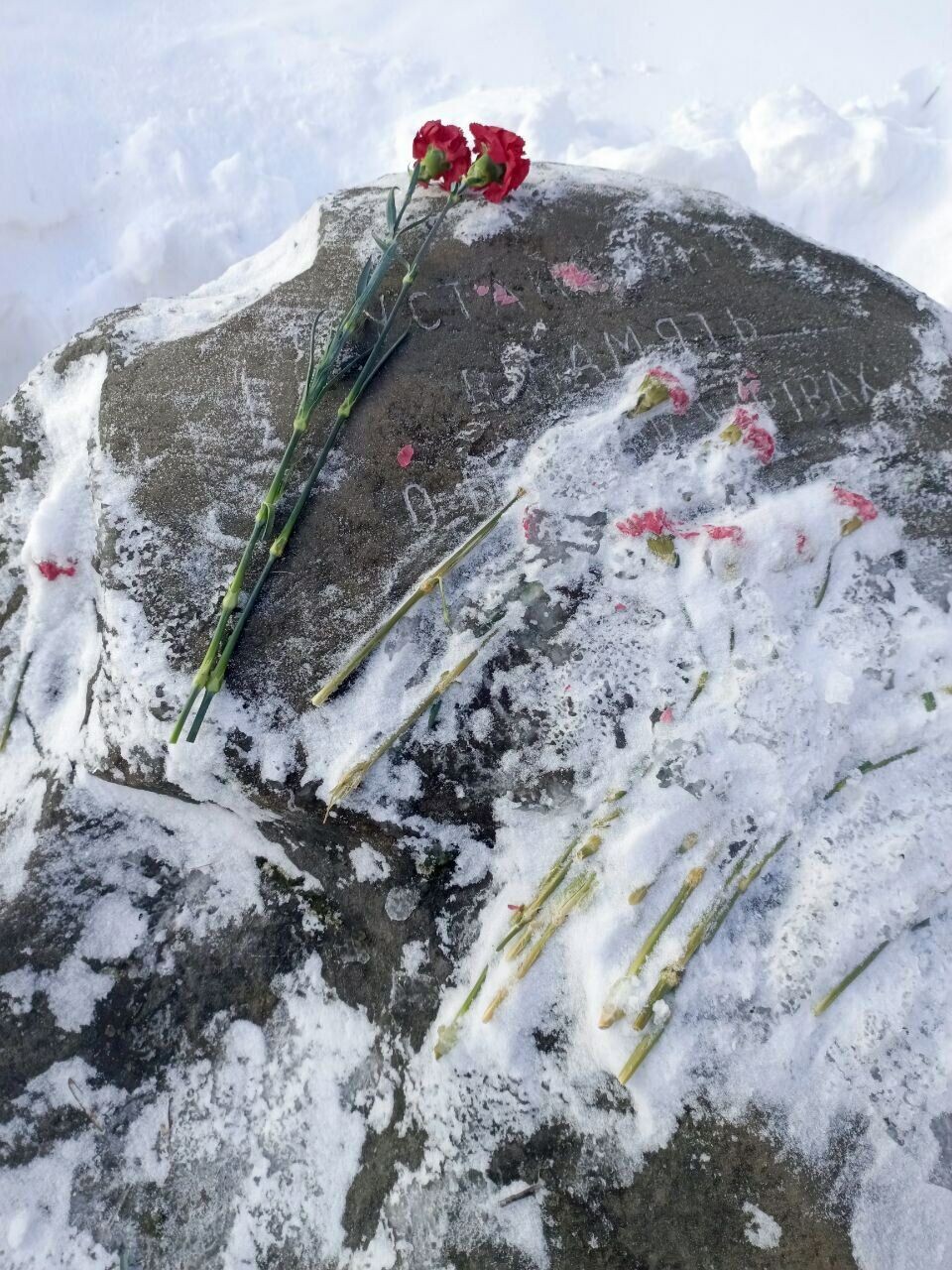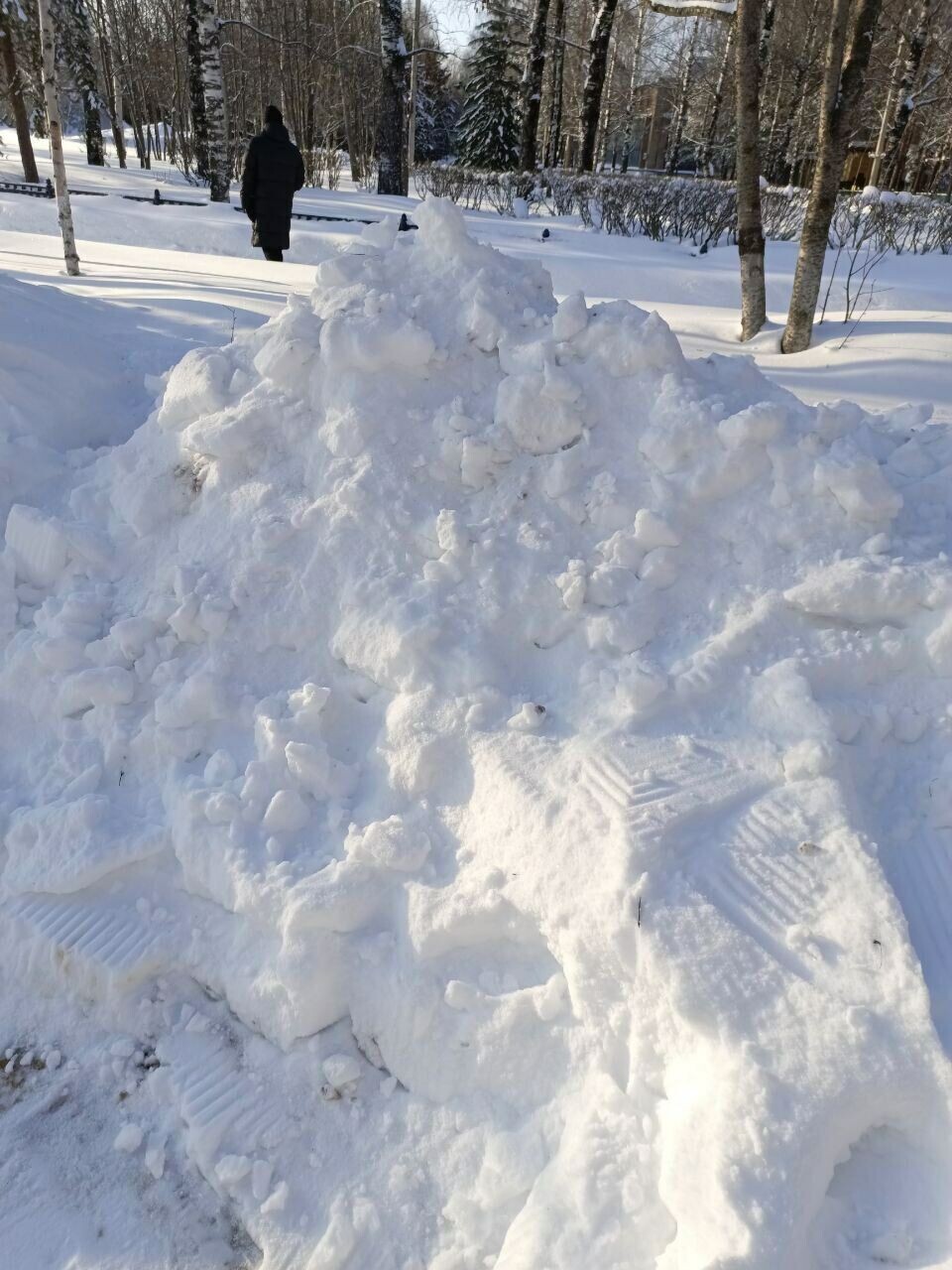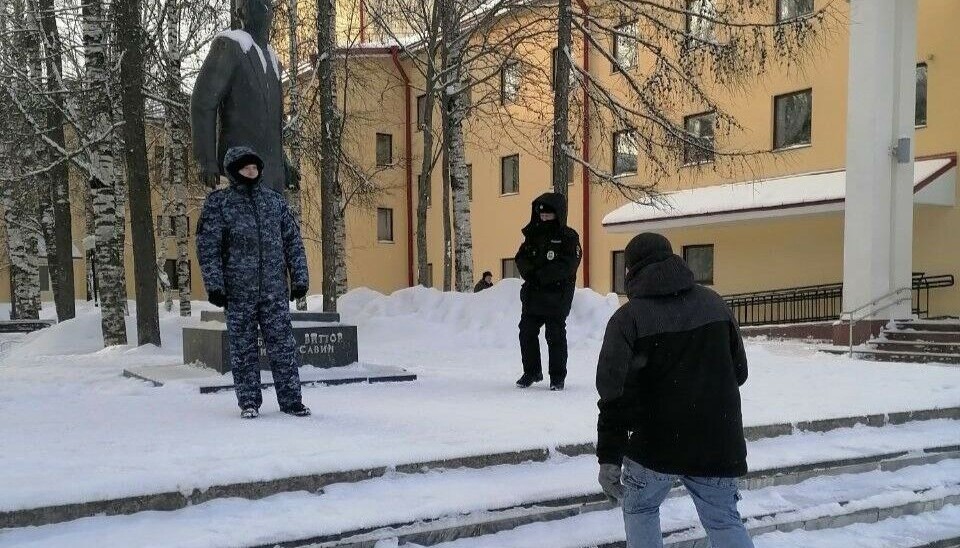
Detained for laying flowers, first anniversary Navalny's death marked in northwest-Russia
On 16 February, memorial events were held worldwide in honour of Alexei Navalny, who was killed a year ago. Those who dared to mark the anniversary in northwest-Russia were detained, questioned and filmed.
Russian security forces detained and intimidated people who came to pay tribute to Alexei Navalny, and memorials were damaged and destroyed. Despite this, thousands of people across the country participated in the memorial events.
For instance, in the city of Ukhta in the Komi Republic, police detained a man who came with flowers to the monument to the prisoners of gulag. According to the Telegram channel “Komi Politzek”, the man was taken to the police station for identification, asked many provocative questions, underwent a medical examination for drugs, and then was released. Returning to the memorial, he found it completely covered with snow and compacted with a shovel. On the snow were footprints of shoes typically worn by security forces.
In Syktyvkar, the capital of the Komi Republic, police recorded the details of those who came to the monument of the playwright Viktor Savin, who died in the Gulag.
In Petrozavodsk, near the memorial to the victims of political repression, people were filmed, reports the Telegram channel From Karelia with Freedom.
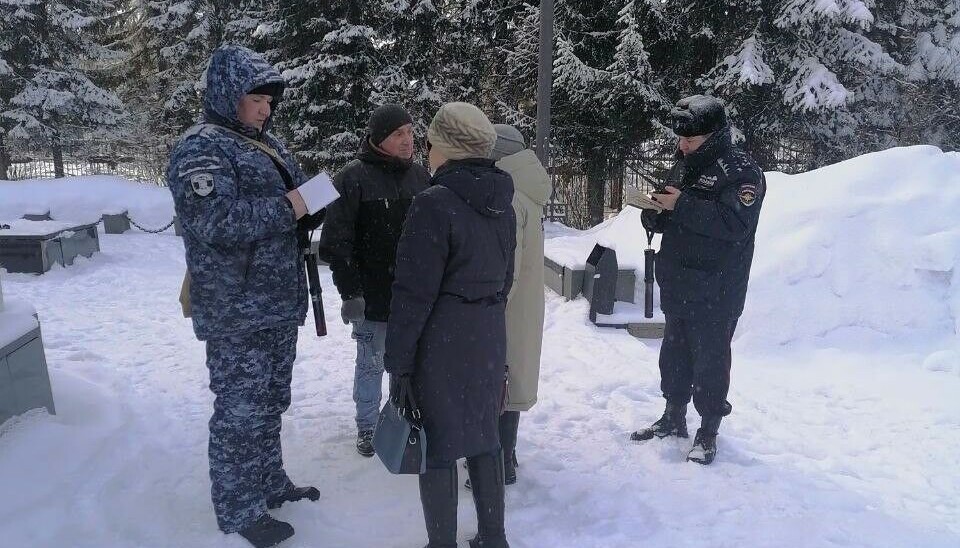
“A young man in plain clothes has been on duty at the memorial since morning, filming those approaching the commemorative plaque on a tablet. It is frosty in Petrozavodsk today, and from time to time the young man gets into a car parked by the cemetery to warm up,” claimed the channel's author.
In Monchegorsk on the Kola Peninsula, flowers and a photograph of Alexei Navalny were brought to a stone where a monument to the victims of the repressions of the 1930s-50s was previously planned to be installed. The image was published by news online Meduza.
The image of the murdered politician itself can be a reason for detention and subsequent punishment. For instance, in the Volgograd region, a member of the Yabloko party, Aleksander Efimov, was arrested for 14 days for bringing a portrait of Navalny to a monument to the victims of repression: this was considered a demonstration of extremist symbolism. Alexei Navalny's face has previously been recognised as extremist material, and the politician himself is still listed in the register of extremists and terrorists, although by law he should be removed from this register after death.
According to “OVD-Info”, a total of at least 26 people were detained at memorial events in honour of Alexei Navalny. There was also a struggle with memorials, removing flowers brought by citizens.
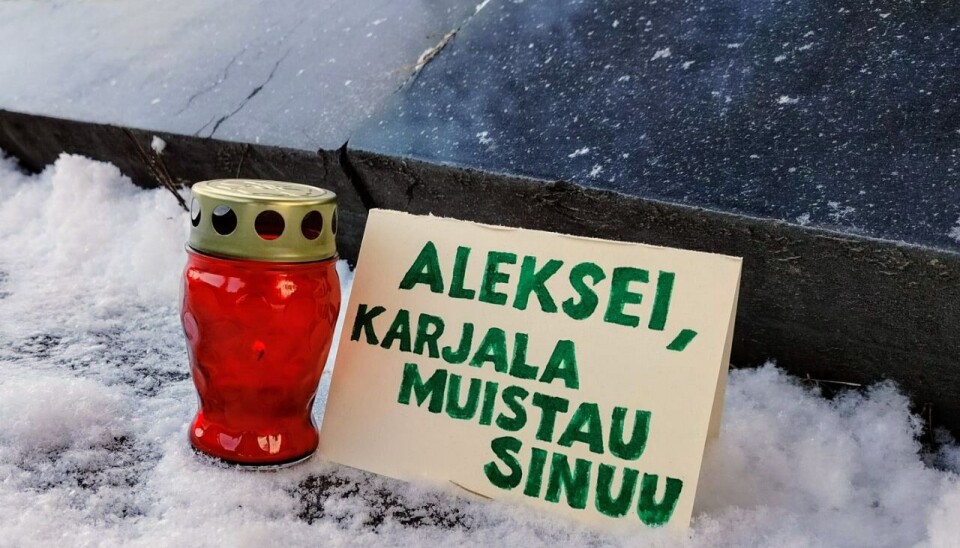
In Moscow, those wishing to honour the memory of the politician went to his grave at the Borisov cemetery. According to the volunteer project “White Counter”, the cemetery was visited by more than 5.3 thousand people. Employees of the “E” centre were working on site, filming people on cameras. Centre "E" is the police department for combating what authorities consider extremism.
Memorial events in honour of the murdered politician took place around the world. In Kirkenes, the Norwegian border town, local activists also gathered at the ad-hoc memorial, which has been standing opposite the building of the Russian Consulate General for a year.
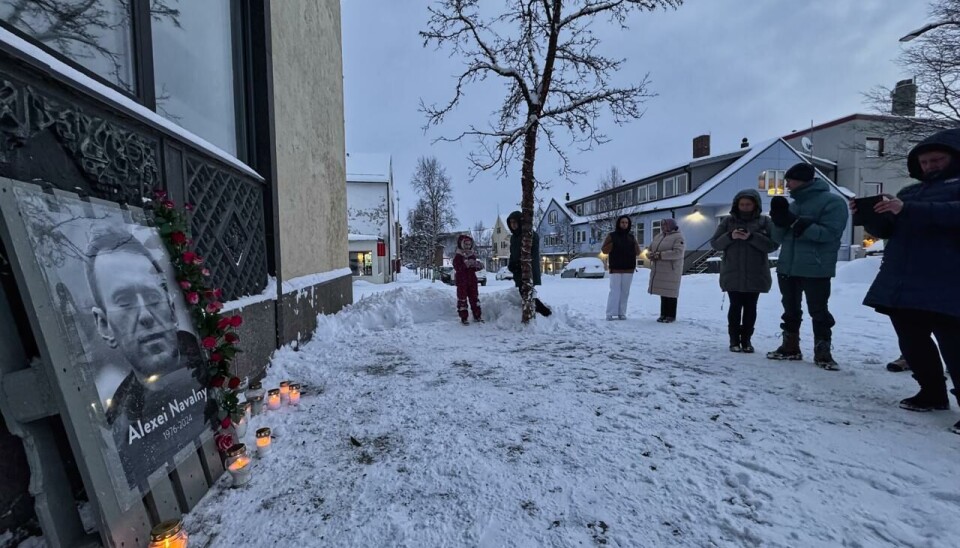
Aleksei Navalny died in a colony in the settlement of Kharp on 16 February 2024. His body was not handed over to his family for a long time, the documents regarding the politician's death were falsified, and the real symptoms before his death — sharp abdominal pain, vomiting, and convulsions — indicate poisoning. Moreover, Aleksei Navalny was held in torturous conditions: he was sent to solitary confinement 27 times, where he spent a total of 308 days during his imprisonment. Navalny, the main opposition politician in Russia, died a month before the “elections” that led Vladimir Putin to a fifth presidential term. At a press conference dedicated to the results of the “elections”, Putin was able to mention Aleksei Navalny by name for the first time.


